For all the marvels of technology we have access to today, these technologies are no substitute for quality images. There are a number of pitfalls that a photographer developing their craft needs to avoid.
So today I am going to look at some of the areas of photography that may seduce you, but may actually stand in your way of becoming a great photographer
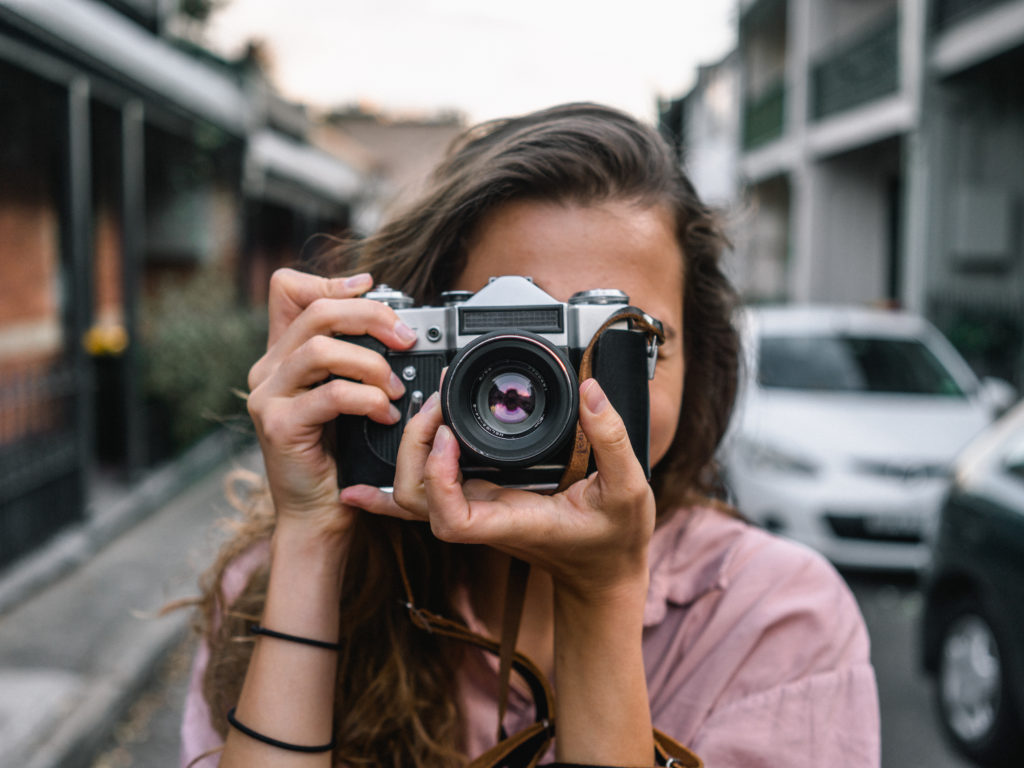
Amazing Cameras For What? Learn The Fundamentals
Every few months a new, amazing camera comes out, eclipsing the previous generation. More megapixels, more dynamic range, better high ISO, faster-shooting speed. The technology is quite incredible and in the right hands, capable of images we could never have dreamed of 10 years ago.
Yet, the key here is the right hands. There are many many talented photographers out there. But there are many more that will simple buy these cameras because of the specs and the marketing, then only ever show those images on Facebook or Instagram. Why would you need 50mp if you are only ever going to squeeze it down to 1024 pixels at best?
It doesn't matter what camera you have. Just make sure that you learn the fundamentals. I'm all for breaking the rules, but you need to understand the rules first to successfully break them
Further Reading:
- Master These 3 Fundamental Skills For All Round Better Photos
- A Beginners Gear Guide And Purchasing Timeline
- Everything You've Ever Wanted To Know About The Exposure Triangle
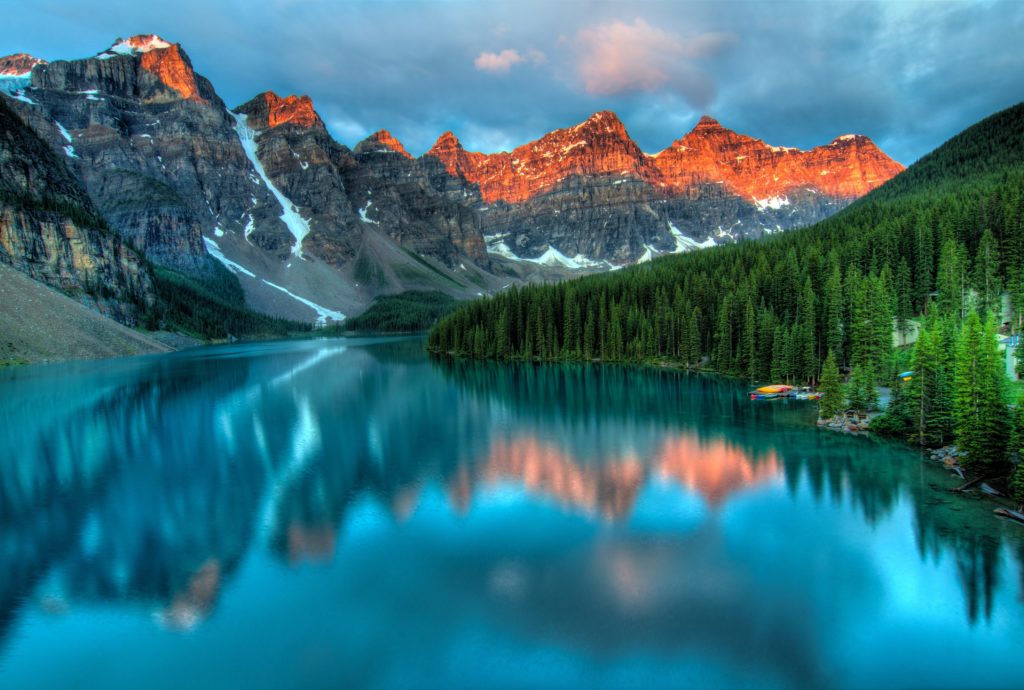
Incredible Techniques That Compensate For A Lack Of Great Composition
Some of the in-camera/post-production techniques we have available these days are mind-blowing. Image stacking to reduce noise or increase the depth of field. Gigapans, panoramics, HDR. All techniques that are designed to enhance our compositions.
The problem is that some photographers will use these techniques instead of ensuring they have great composition.
The issue is that the vast majority of non-photographers do not see the difference between a brilliantly composed image and a mediocre yet striking image. This has led to average images getting more likes and shares for being striking than genuinely good work.
So make sure you learn The Rule Of Thirds, but also work to master fantastic composition in your photography. Continue thinking about other composition guidelines like converging lines, s-curves, and the golden ratio. Don't use techniques as a substitute for composition, but to enhance an already great photograph
Further Reading:
- The Rule Of Thirds And How It Can Improve Your Photograph
- Beyond Rule of Thirds: How to Master Photo Composition
- Take Your Composition To The Next Level With These 3 Advanced Composition Techniques

Landscape Photography Pitfalls
The digital age has spawned some incredible landscape photographers. People who have taken time to learn their craft, who get up at ungodly hours and hike to remote yet beautiful locations. Then capture those locations in ways we often could not even imagine.
The problem is that this has inspired imitators who haven't put in the time to get great at the craft. People who will drive to the nearest hill, in the middle of the day. There they will shoot an uninspired flat composition then post-process the hell out of it. It looks amazing on Facebook because there is a whole load of things you cannot see.
They would include extreme noise in the shadow, blown highlights, over saturation and over-sharpening. Little of this can get seen in a highly compressed 1024 pixel image on a social media timeline. Blow the image up to a nice 30×20 inch print though at it will look like an explosion in a paint factory.
Landscape photography is a genre that deserves your commitment. Learn to understand light, embrace the golden hour and capture this amazing planet in all its glory.
Further Reading:
- Landscape Photography: Everything You Wanted To Know
- 7 Ways To Improve Your Seascape Photos
- Straight-Up Beginner Landscape Photography Tips (+ What To Avoid)
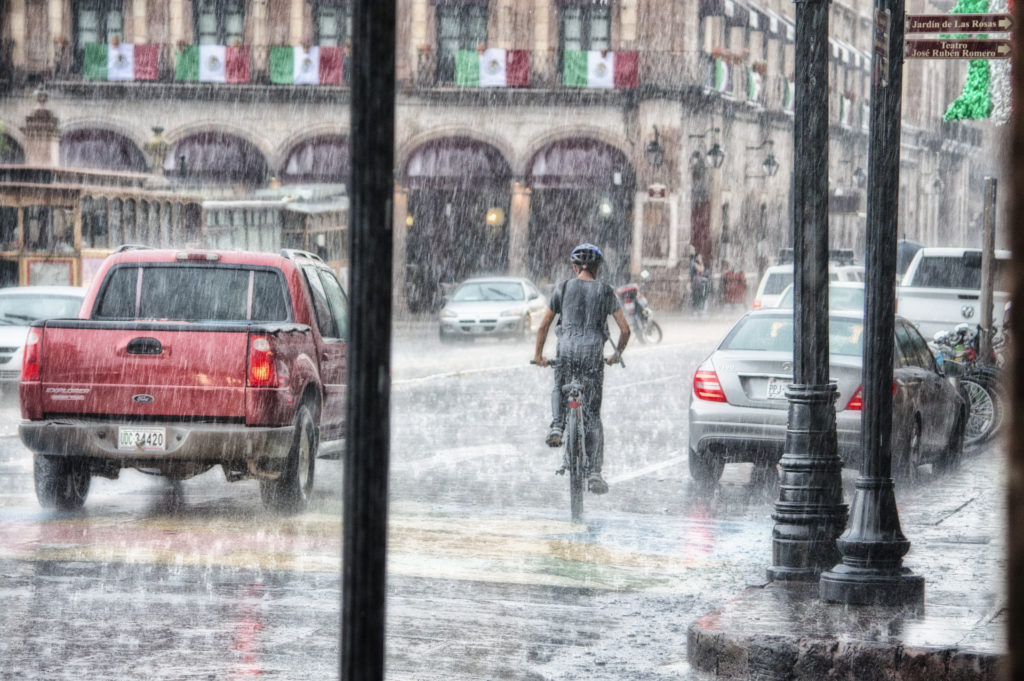
Street Photography Isn't Just Snaps From The Street
Driving up to a mountain scene at midday does not make a landscape shot. In the same way, taking a photo on the street does not make it street photography.
The essence of street photography is to capture the character of both a person and location in a single shot. The best street photographers will spend weeks waiting for the right person to cross the right location at the right time to get their shots. They will anticipate the behaviour of their subjects, before shooting them at the “decisive moment”.
As an aficionado of the Fuji X series, I am well aware that these cameras are highly regarded by street photographers. The Fuji groups that I frequent on Facebook are full of pictures taken on the street, yet relatively few of them are street photographs. They are more often than not, street snaps made monochrome.
I suspect that one of the reasons so many people turn to street photography is the perception that it is easy. Street photography is an incredibly difficult but fulfilling genre. If street photography is the genre for you then you will need to dedicate your time to master the craft.
Further Reading:
- These Street Photography Tips Will Ensure That You Get Inside The Street Photographer's Mindset
- 6 Practical Tips For Better Street Photography
- Understanding The Decisive Moment

Social Media Status or Pride In Your Work? Don't Confuse One With The Other
Don't get me wrong, photography has always been about shares and likes. In the days of film, we would print our images and take them to the local camera club. There we might find some great enthusiasm for our work. Equally, we might find some harsh yet constructive critique. The former would inspire us to continue, the latter would inspire us to improve.
To a great extent, social media removes the critique element from the equation. This leads to more and more people pushing well beyond the limits of quality in order to gain social media likes and shares. Because of the lack of critique and the abundance of praise they believe their work is good, perhaps even great. This gives them no incentive to analyse the faults in their work or indeed to improve their abilities.
Don't be this person. Embrace learning, read, absorb great photographs from the masters and also seek critique. In this way, you will be on a journey of continuous improvement.
Further Reading:
- 11 Books Every Photographer Should Have
- Why You Should Love Negative And Constructive Photography Critique
- Exploring The Inspired: Ansel Adams
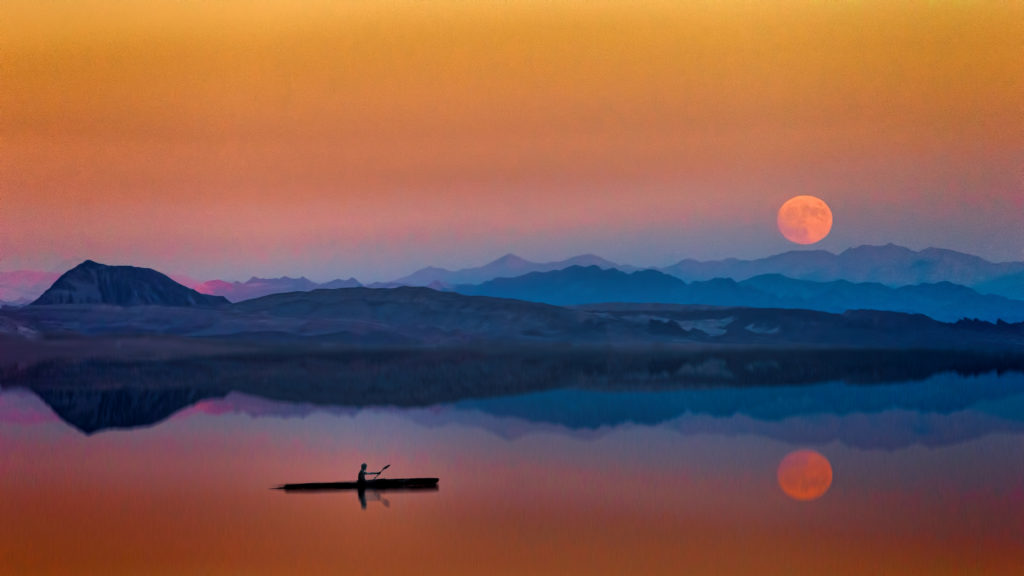
So in highlighting these pitfalls, you may see me as a bit of a grumpy old man, not in tune with the times. You may be right about the grumpy old man aspect, but don't get me wrong, I love new techniques and I fully embrace social media and I see the amazing explosion of great photography in the world as a force for good.
But I encourage you to work tirelessly on your craft, master the fundamentals, and the next time you get lots of likes on an image you posted, ask yourself one question. Did it get liked because it’s a great image or because it’s a striking image? They are not the same.


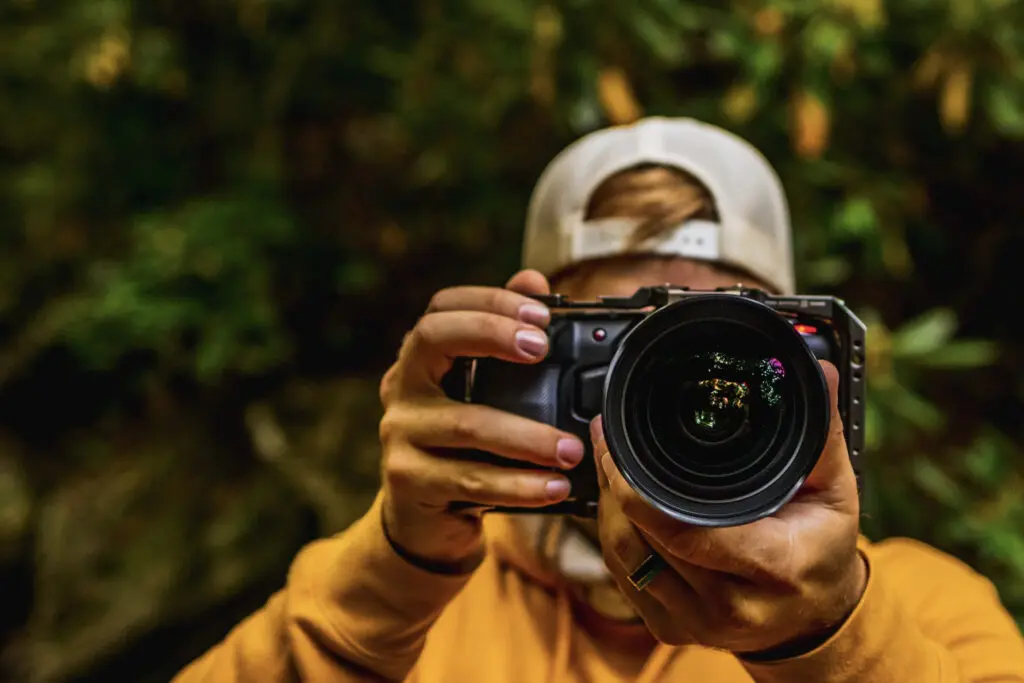
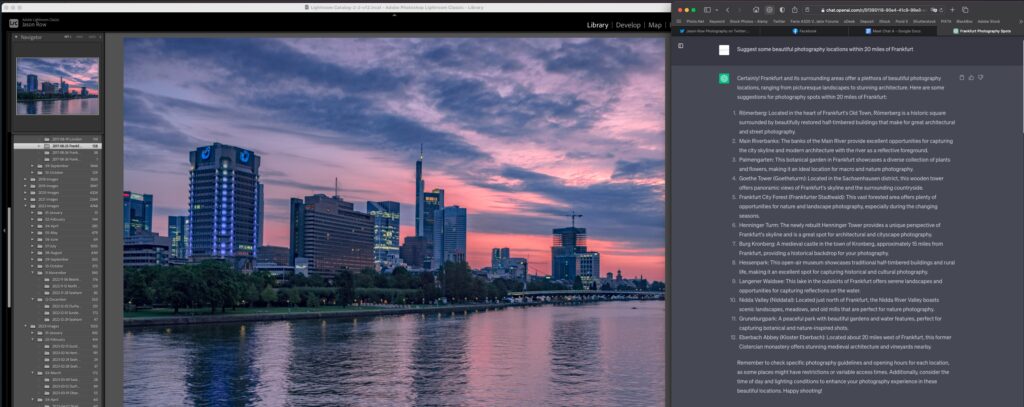

2 Comments
A well delivered message all us budding photographers would do well to take on board. Learning how to use the tools is the easy bit (although not always easy). Learning how to be creative and put the effort in to get the best possible result is where the hard work and commitment is needed.
Spot on. Thank you Jason from a hobbiest for the great insights.